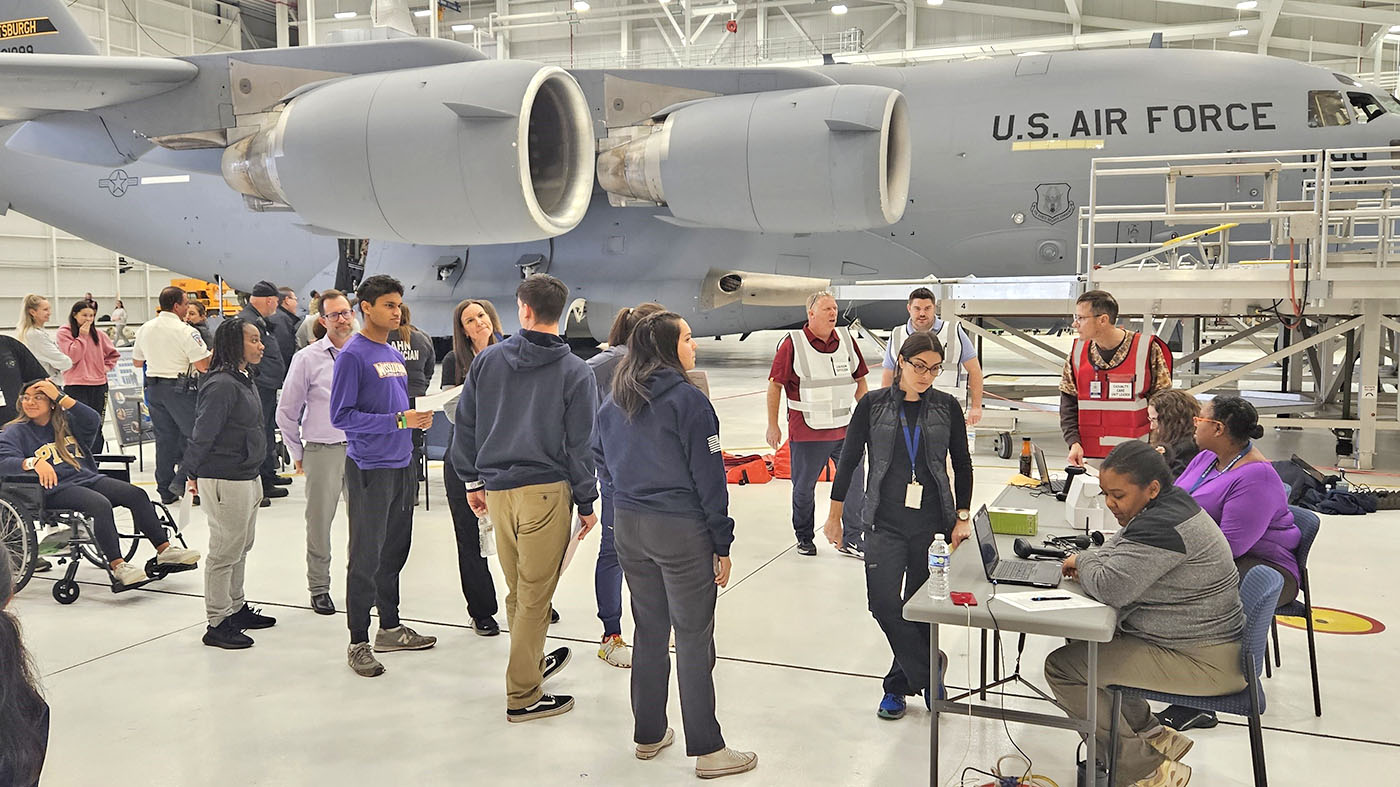No Veteran should be homeless in the country they fought to defend. At VA, we are committed to ending homelessness among Veterans because it is our nation’s duty to ensure all Veterans have a place to call home.
In March 2024, VA announced its goal to place at least 41,000 Veterans experiencing homelessness into permanent housing and to ensure that at least 95% of the Veterans housed did not return to homelessness during that same year. We also set a goal to engage with at least 40,000 Veterans experiencing unsheltered homelessness to ensure that they are connected to the housing resources they need.
I am proud to say that for the third year in a row, VA exceeded its goal.
By the numbers
By the end of fiscal year 2024, 47,925 homeless Veterans were permanently housed by VA and its community partners, representing 116.9% of the goal.
Additionally, of the 47,925 homeless Veterans housed, 96% remained in housing by the end of the year. We’re working hard to help the 1,930 homeless Veterans who returned to homelessness this year get back on a path to permanent housing.
VA engaged with 42,064 total unsheltered Veterans, connecting them to VA care, including housing and health services.
View these results by race, ethnicity, gender and age.
The right tools in the toolkit
VA supports Veterans through an array of services that support the full range of housing needs and barriers that they may face, including:
- Outreach services, such as Health Care for Homeless Veterans (HCHV) and the National Call Center for Homeless Veterans, serve as front doors to both VA homeless programs and VA health care.
- Residential services, such as the HCHV Contracted Residential Services or Grant and Per Diem programs, provide temporary placement in the form of emergency or transitional housing for Veterans who need a place to stay right now.
- Permanent housing services, such as Supportive Services for Veteran Families and the U.S. Department of Housing and Urban Development (HUD) and VA (HUD-VA) Supportive Housing, or HUD-VASH, connect Veterans to affordable housing in their communities through short- or long-term rental subsidies, case management and varying levels of wrap-around services to ensure Veterans have all the necessary resources to stay housed.
- VA also has programs to assist Veterans in the criminal justice system access VA services, help them gain meaningful employment or take care of their health needs through primary care tailored to the unique access barriers that come with homelessness.
The mission continues
Ending Veteran homelessness has been a top priority of VA and President Biden, who has made supporting Veterans a key pillar of his unity agenda for the nation. Since 2010, Veteran homelessness has been reduced by more than 52%.
Further, 85 communities and three states have achieved an effective end to Veteran homelessness. In fact, during this fiscal year, Dallas, Texas, and Hennepin County, Minnesota, both effectively ended Veteran homelessness.
Despite this progress, one homeless Veteran continues to be one too many.
The fight to end homelessness among Veterans is not over, and we won’t rest until every Veteran has a safe, stable, accessible and affordable place to call home.
Learn about VA programs
- If you are a Veteran who is homeless or at risk for homelessness, call the National Call Center for Homeless Veterans at 877-4AID-VET (877-424-3838).
- Visit VA Homeless Programs to learn about housing initiatives and other programs for Veterans exiting homelessness.
- Check out the Ending Veteran Homelessness podcast to learn more about what VA is doing about Veteran homelessness.
- Learn how to get involved with housing homeless Veterans.
- For more stories like these, subscribe to the Homeless Programs Office newsletter to receive monthly updates about programs and supportive services for Veterans experiencing or at risk of homelessness.
Topics in this story
Link Disclaimer
This page includes links to other websites outside our control and jurisdiction. VA is not responsible for the privacy practices or the content of non-VA Web sites. We encourage you to review the privacy policy or terms and conditions of those sites to fully understand what information is collected and how it is used.
More Stories
Air Force Veteran Shireta Jones overcomes obstacles with support from VA and adaptive devices to continue her passion for pickleball.
Pittsburgh VA and its partners practice relocating hospitalized patients during disasters and public health emergencies.
VA and Veterans Yoga Project are working together to make more Veterans aware of the benefits of yoga while offering more classes.







Local El Paso, TX, VA & their SSVF agencies reached their maximum level of egotistical proportions that am homeless, again. Instead of following CFR, policies, & current on program development, my case manager emailed list of references w/tel numbers, a week prior to upcoming month’s due rent, & was evicted, and now am in worse off than before. Credit & rental history ruined & can’t move in to any housing!!!
Need at least a one-bedroom apartment
I’ve been to several VA facilities in New York and get the same answer. ” We have no vouchers.) i live on the street in Elmira New York and the best the VA can do for me is refer me to a delapitating shelter. Going back to April 2024, I’m still homeless.